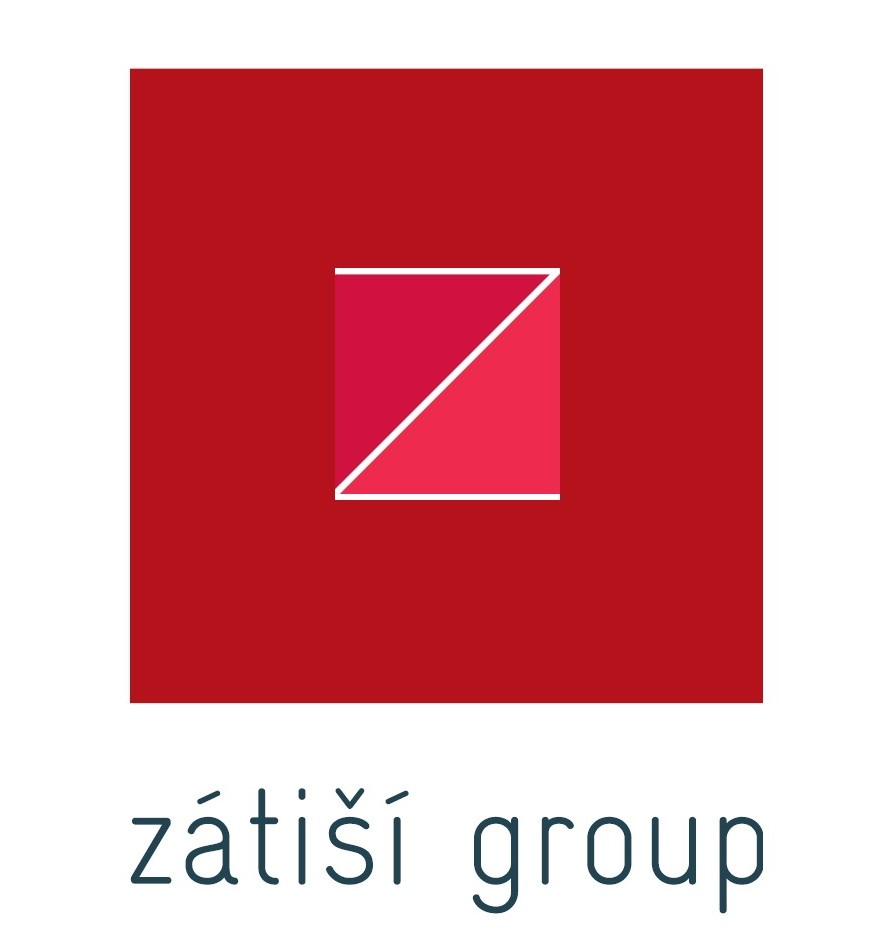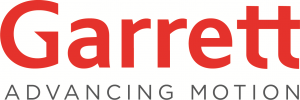Attracting and keeping the most talented millennials
3.11.2016Company: PricewaterhouseCoopers Česká republika, s.r.o.
There’s no doubt that CEOs and their organisations are facing a challenging cocktail of new business opportunities and disruptive change from technological developments as well as increasing economic woes in many developed and emerging markets. As one CEO put it recently: ‘The past is no longer a good predictor of the future…’, and success increasingly depends on an organisation’s ability to adapt, reskill and deploy people rapidly, to wherever the next opportunity might be. I believe strongly that the main focus and attention of organisations today should be to invest in people.
PwC has partnered with AIESEC – the world’s largest youth-run organisation - for 43 years and we asked this key group of millennials earlier this year about their views of the future and key trends, using the same questions we asked CEOs in our 19th Annual Global CEO Survey. We compared and contrasted the perspectives of both millennials and CEOs, exploring the differences and gaps in the wider talent debate. The results, showcased in our Tomorrow’s leaders today piece, have prompted me to question whether organisations are really doing enough to respond to the needs of millennials and to be in an ideal position to attract, and keep, the most talented individuals.
It is predicted that Millennials will constitute roughly 55% of the workforce by 2020. Looking ahead, the challenge this will bring provides a “call to action” for us all. According to Tomorrow’s leaders today, this is what we need to know if we want to attract and retain these talented individuals:
- They see their career as a portfolio of experiences rather than a ladder to be climbed in a single organisation. Only 18% plan to stay in their current role for the long term;
- Working culture and values are very important; millennials want to be proud of their employer and feel that their company’s values should match their own;
- It’s important to remember that millennials have been interacting with technology from a very young age;
- They put a much greater emphasis than CEOs on opportunities to work internationally (21% vs 7%);
- And, they are far less interested in pay and incentives than CEOs (10% versus 33%).
On the other hand, our 19th Annual CEO Survey People and Purpose cut showed that businesses and their leaders are facing pressing questions about their future talent pipelines and people strategy. The biggest challenge for CEOs is in understanding what their customers and employees value, how that’s changing over time, and how their organisation can meet those expectations. Our survey shows that they’ve realised that shared values and a sense of purpose are becoming critical to talent strategy. But where to start is the big question.
So, we should all be asking ourselves if our organisations have what it takes to be an employer of choice for the next generation. As Tomorrow’s leaders today highlights:
- Are we in touch with what millennials and Gen Z want?
- We may have the right values, but are we walking the talk? Authenticity is key.
- Does our behaviour as a business match up to the claims in our environmental and social reports?
- How is our business going to embrace the new model of leadership for the 21st century?
I hope my comments and reflections, based on my experience in working with young people through AIESEC, help you to reflect on your readiness to welcome the new generation and, more importantly, make changes to your approach that will set you on the right path towards reaping the rewards from what are going to be very interesting times ahead.
Philip Sladdin, a partner in PwC Germany, is responsible for the PwC network's internal reporting to client and leadership teams globally. He is also the PwC Global AIESEC Champion and the sponsor of the PwC - AIESEC Partnership, a member of the Supervisory Group of AIESEC International and the Chair of the Premium Partners Group, a role he took over in 2014. Qualifying as a Chartered Accountant in England and Wales in 1990, Philip's career has included auditing large and small clients in the UK and Germany, including those in the financial sector. Following a successful relocation to Frankfurt in 1998, he has held a number of pan-European finance and strategy roles in PwC as well as being globally responsible for data privacy and protection in the PwC network.
Tags: Movers & Shakers | Human Resources |







